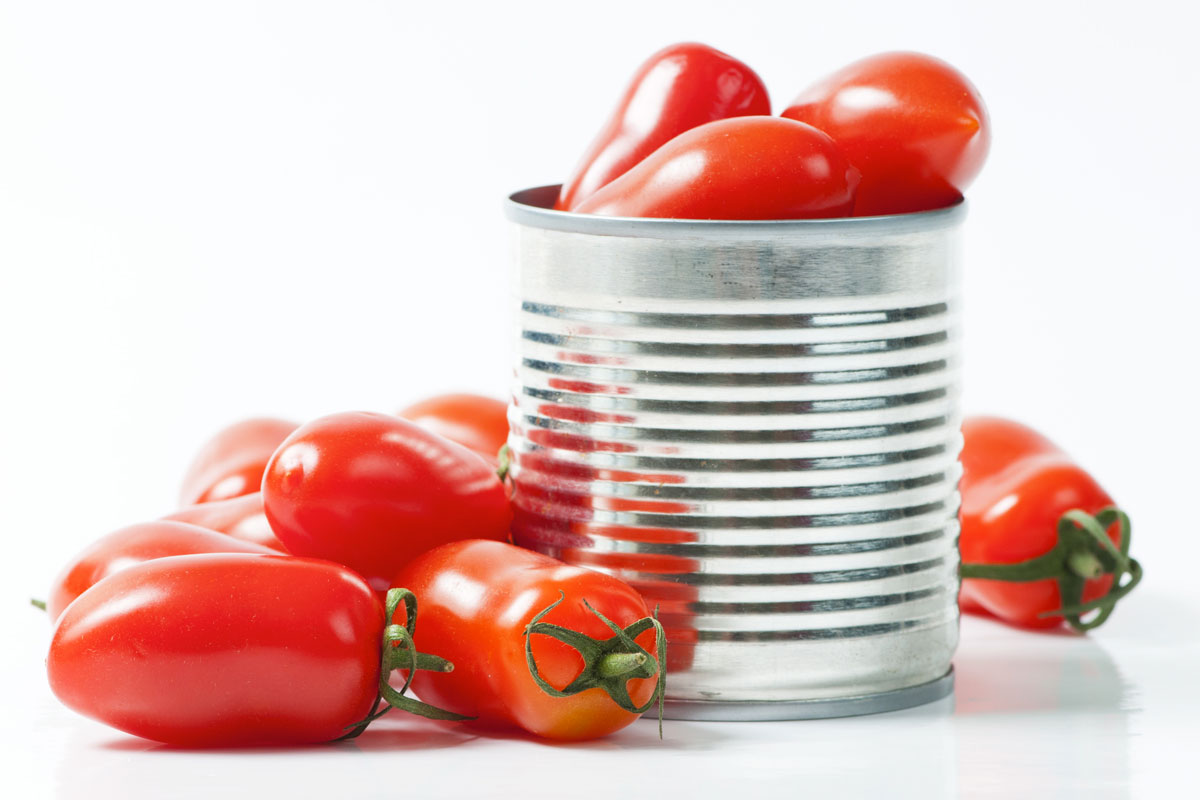
“In recent weeks we are witnessing a barrage of media coverage of the tomato processing sector. To speak indistinctly of fraud, of slave labor does nothing but cast a bad light on an entire sector, which represents one of the excellences of the Italian food industry in the world both in terms of turnover and products volumes. Moreover, it plays an important strategic role as driving force of the national economy”. This is what ANICAV (Italy’s National Industrial Association of Vegetable Food Preserves) wrote in an official statement to defend the Italian red preserves sector.
Click here to discover the authentic Italian tomato preserves on Italianfood.net platform
ITALIAN INDUSTRIAL TOMATOES BY THE NUMBERS
With a production of 5.2 million tons of processed tomatoes in 2020 from about 65,634 hectares under cultivation, Italy is the third world tomato processor after the USA and China. It accounts for 13% of world production and about 53% of all tomatoes processed in Europe. It is also the leading producer and exporter of tomato derivatives destined directly to consumers “which are the emblem of Italian cuisine in the world” – underlines ANICAV.
Peeled tomatoes, purees, pulps and cherry tomatoes “that we can find on the shelves of our supermarkets are obtained from 100% Italian high quality raw material” – the association says.
COMMITMENT TO TRACEABILITY
ANICAV therefore claims the Italian tomato processing industry’s “total commitment to maximum transparency to protect the health of consumers, as shown over the years by the support of mandatory labeling of origin for all tomato derivatives.”
THE STRUGGLE FOR WORKERS’ RIGHTS
Finally, a clarification on the issue of ‘caporalato’ (slave labor): “We can in no way accept that it is stated, with a certain lightness, that the workforce ‘in the South of Italy continues to be enslaved’” – underlines ANICAV.
In Italy now almost all the tomatoes for processing “are mechanically harvested: 100% in the North and over 90% in the Centre-South collection basin. For years now – points out ANICAV – we have been carrying out many actions to counter this phenomenon: starting from the spread of ethical certification of agricultural and industrial companies.”
In conclusion, “we can say, without any fear of contradiction, that consumers who buy Italian tomato derivatives are fully protected by the large number of controls to which our products are subjected” – concludes ANICAV.
